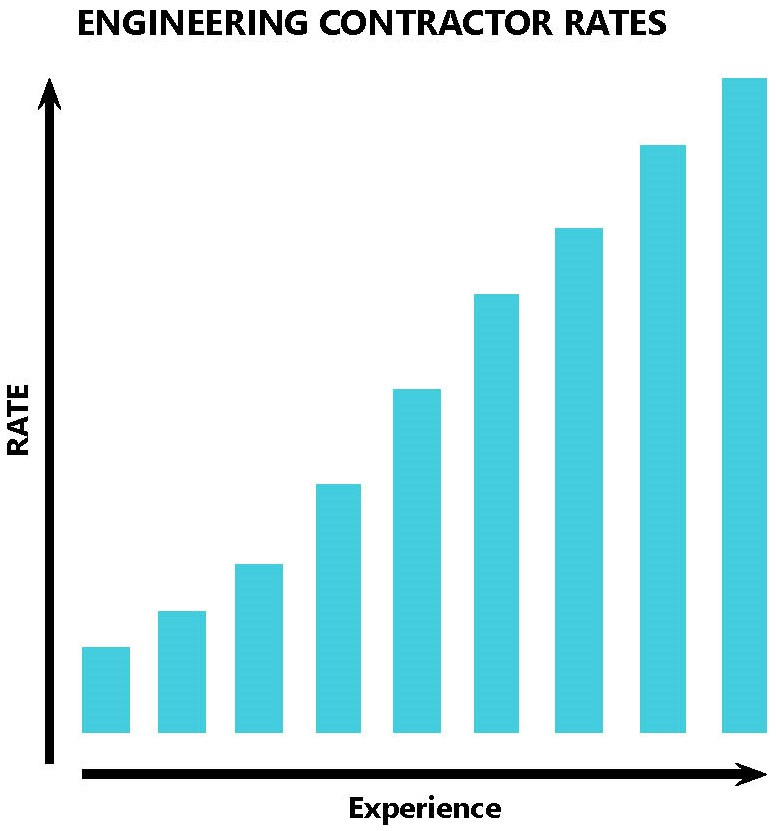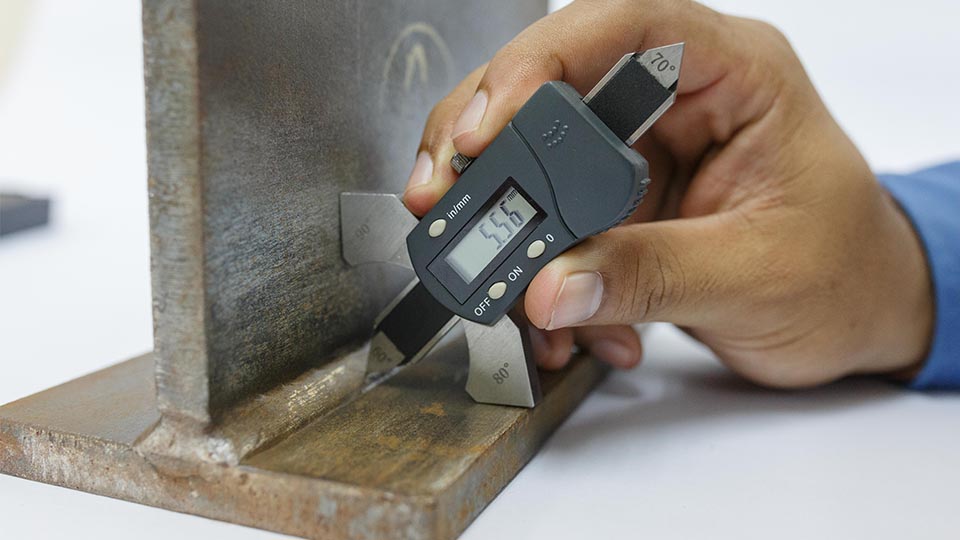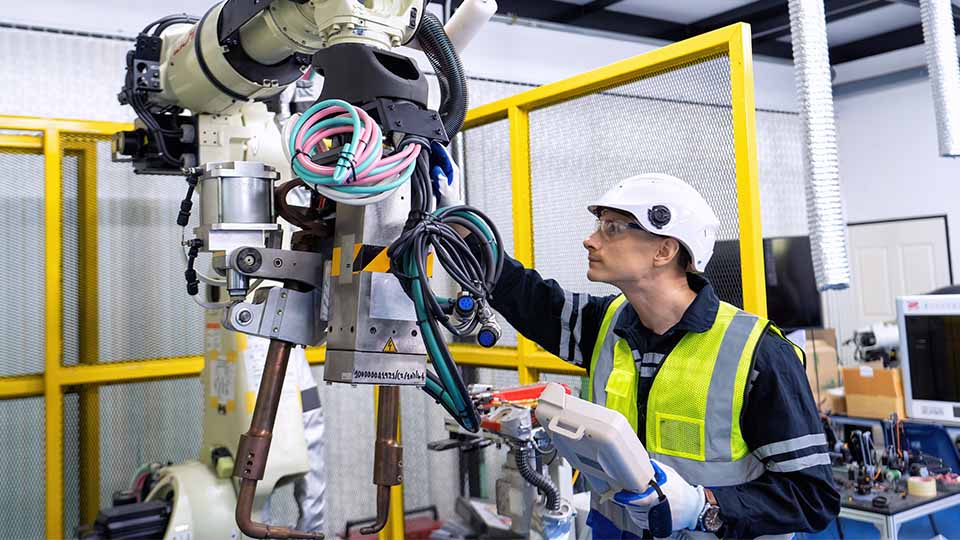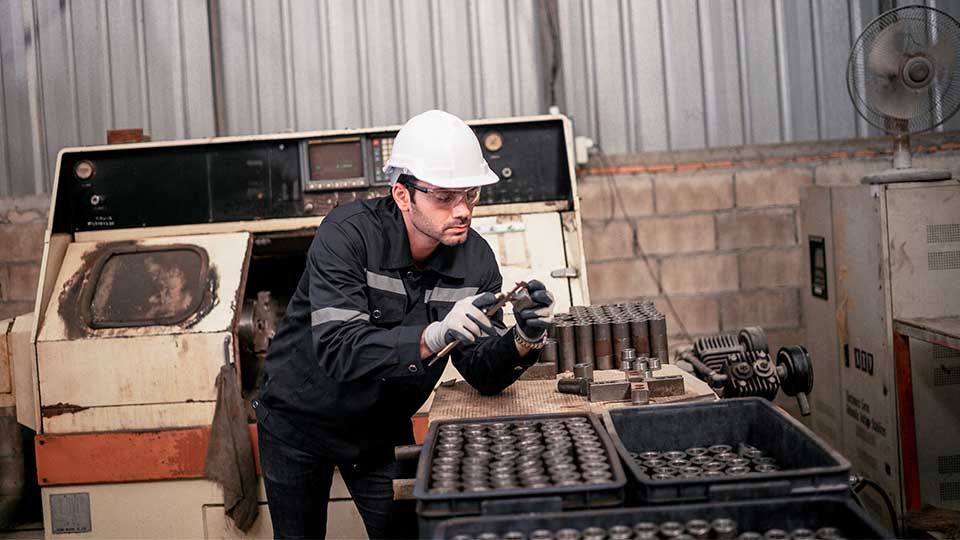Do you have a project that no one in your current in-house engineering team can do? Maybe you have a special task that requires a different kind of expertise? Or perhaps hiring a full-time, in-house engineer is out of the budget right now?
Whatever the case may be, contract engineering staffing is the solution you’re looking for. Contract engineers are professionals who offer their services, skills, and experience for short-term projects.
So, if you need something done–whether it’s a short project or a complex task that no one else can do–it’s time to hire an engineering contractor. This guide will show you how to filter some of the confusing aspects of the industry and give you some helpful tips on the engineering service industry.
What is a Contract Engineer?
A contract engineer is someone who is hired temporarily to tackle certain engineering tasks for a company. They’re not full-time employees; instead, they work based on a contract, usually for a set amount of time. Companies often hire them for projects that need special skills or expertise that their own team might lack.
Hiring contract engineers lets companies quickly get the technical staffing expertise they need without the expenses of a long-term employee. Depending on what the job calls for, these engineers might work on their own or with the company’s team.
Contract engineers are commonly used in industries such as:
- Construction
- Automotive
- Technology
- Defense
- Pharmaceutical
- Food & Beverage
- Industrial Manufacturing
- Industrial Engineering
- Civil Engineer
Want a deeper dive into contract engineers? Here’s a previous in-depth article detailing, what is a contract engineer, if you would like to learn more..

Why hire contract engineers?
Contract engineering services offer specialized professional services tailored to specific projects or engineering needs. Contractors are either engineering firms or freelance engineers, but you can also reach out to an engineering staffing agency.
So, why hire a contract engineer instead of filling out the role permanently? Below, I list 5 of the top reasons to hire contract engineers.
Better Flexibility: Companies choose contractors for their flexibility. They can hire someone for just the time needed to get a job done without the extra costs of keeping someone on full-time, which is a huge plus for short-term projects or when special skills are needed temporarily.
Easy Access to Technical Skills: Contract engineering services give businesses easy access to a wide range of engineers who have specific technical skills and experience that are not always available internally. In turn, companies can handle complex projects more effectively.
For instance, businesses might hire contract engineers with expertise in certain technologies or industries to help develop new products or improve existing workflows.
Sped Up Time to Market: Leveraging engineering staffing services helps businesses speed up their project timelines and launch products faster.
Seasoned professionals grasp project needs fast, which minimizes the time spent on training. This level of skill helps companies get their products to market swiftly, streamline processes, reduce cycle times, find inefficiencies, and cut down on waste, all adding to a company’s competitive edge.
Minimized Risks: Contract engineering services also reduce the risks that often come with using new equipment or processes. These engineers often have experience with technology that your current team might not know, which means less downtime, less training, and fewer mistakes that could be costly.
Cost Efficiency: Outsourcing is universally a great way to save money. Contract engineers are a smart choice for startups and small companies because they bring in professional help quickly without the need for permanent hires.
Such a setup is great for handling ups and downs in work without overcommitting. Larger companies also find these services useful for scaling up their operations temporarily before committing to more full-time hires.
What is an Engineering Service Company?
An engineering service company offers specialized engineering expertise and consulting services to other businesses. They help with tasks like designing new products, managing projects, conducting technical analyses, supporting existing systems, and so on.
With teams of skilled engineers in various fields, they can tackle diverse engineering challenges that your in-house team might not be qualified for. Plus, these companies work on a project-by-project basis, which gives you the flexibility and expertise needed to meet specific needs.

How to choose the right contract engineering services?
The next question is: How do you fill out your contract engineering staffing needs? Here are some important things to think about when picking a company or person to work with:
- Experience and Reputation: The first step to finding qualified candidates is to do your due diligence. Choose an engineering service company that has a solid track record in your industry. For example, look for a company that’s been successfully providing contract services for a good while. Plus, check out client testimonials or ask for project references to get a feel for their industry experience. If it’s engineering recruiters or a company, reading their Google reviews can give you insight into what their clients and contractors think about their services.
- Specialized Technical Skills: Of course, make sure the engineering service company specializes in the kind of service you need. It’s a must they have the staffing and capabilities to manage your project effectively and meet other business goals you may have. Look for companies with experience in unique technologies and methods that match what your project requires for a smooth partnership.
- Invoicing and Billing: Understand how the company handles its invoicing. Do they charge for the whole project at once or by the hour? Choose a company that’s upfront about their billing, with clear milestones, deadlines, and ways of communicating. Opt for those who keep you regularly updated on billing to avoid going over budget.
- Cost: While cost is a factor, it shouldn’t be the only thing you consider. Sometimes, hiring a self-employed contractor might be cheaper than going with a service company and could offer better value. It’s a good idea to compare a few quotes to understand what the going bill rate is in the market.
What are the types of contract engineers?
There are many different types of contract engineers. Any degreed engineer can most likely find contract work in their respective engineering field. Below, I have listed several types.
- Controls Engineers: These engineers are responsible for the PLC logic and function of automation tasks with systems, processes, or equipment.
- Weld Engineers: Work with different joining processes to ensure they meet all joining quality requirements.
- Robotic Engineers: They program and build robots to perform dangerous or harmful tasks that humans ordinarily would not be able to do because of their size, quickness, or repetitiveness.
- Design Engineers: Use computer aid design (CAD) software to build products from the idea phase to production.
- Electrical Engineers: Work on configuring electrical components, systems, and parts to meet quality specifications and requirements.
- Project Engineers: Are used to help lead a programs from start to completion, while ensuring targets for the timeline and budget are met.
How much do contract engineering services cost?
In the U.S., contract engineering rates typically vary from $35 to $150 per hour, depending on the engineer’s technical skills, experience, and where the work is being done.
Naturally, rates tend to be higher for engineers who are highly specialized or have a lot of experience.

Contact us today to get pricing quotes for your specific engineering projects!
What are the different types of engineering contracts?
Cost isn’t the only thing you need to consider, finances-wise. You also have to figure out what kind of engineering contract will work best for your project. Ideally, your payment agreement should be in line with your budget, financial flexibility, and stability.
Below, I list five common types of contracts you can consider:
- Fixed Price: You and the contractor agree on a set price for the entire project upfront. This is great for sticking to a budget but can be tricky if the project’s scope changes, as any additional work might require renegotiation.
- Cost-Plus: You pay for all project costs plus an agreed-upon profit margin. This type of contract is flexible and can adapt to changes but can end up being more expensive since the total cost isn’t fixed.
- Unit Price: You pay based on the quantity of work completed, with each unit priced individually. This type of contract is useful for projects with repetitive tasks or where the amount of work can vary, such as construction projects with multiple identical units.
- Lump Sum: Similar to a fixed-price contract, you pay a single total amount for the entire project. It’s commonly used in construction and simplifies payment, but any changes in the project scope might require adjustments to the agreed lump sum.
- Time and Materials: You pay for the actual time spent and materials used on the project, often with a maximum cost limit to prevent overspending. This type of contract offers flexibility but requires close monitoring to ensure the project stays within budget.
Contract Engineering Services:
Contract Engineering Services offer a valuable solution for companies seeking specialized engineering expertise for their projects. Contract engineers, hired on a temporary basis, bring a wealth of experience and skills to the table, helping companies tackle complex projects efficiently. By outsourcing engineering tasks, businesses can access these engineers without the long-term commitment of hiring full-time employees, leading to cost savings and project flexibility.
Learn about contract engineering services:
Do you want a better understanding of how JOINER Services can improve your contractor experience? Watch this video below to see how their contract engineers can help support your business.
Watch This Video!
Find the Engineering Professional You Need on JOINER Services.
If you’re looking to fill a big gap in your workforce, it makes sense to hire only the best of the best. From welding and automation to program management and electrical engineering, JOINER Services has the right person for the job.

Join for free today and start browsing hundreds of engineering profiles!
FAQs About Contract Engineering Services
Below, I list some common questions asked about contract engineering services.








